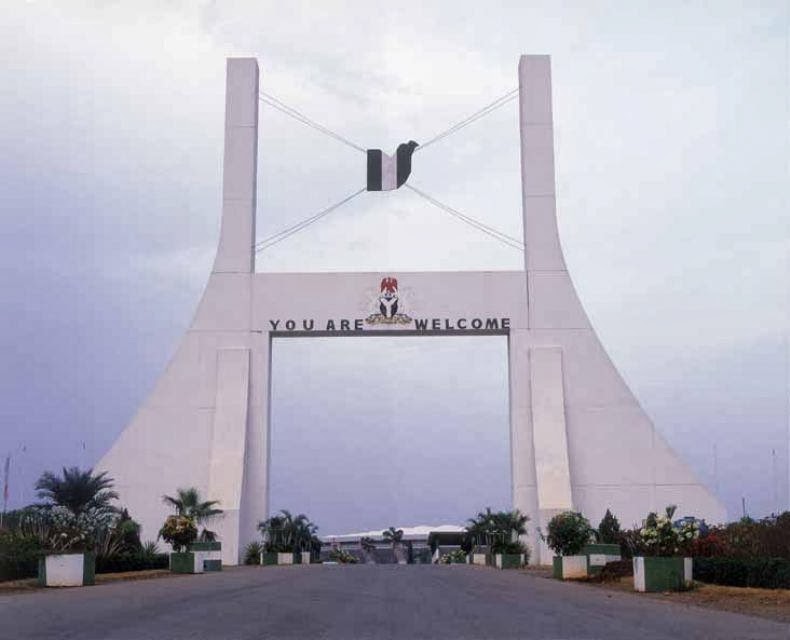The Chairman Economic and financial crimes commision, Ola Olukoyede has revealed that the majority of luxury homes in Abuja’s most elite districts Asokoro and Maitama are currently owned not by politicians, but by senior civil servants, a finding that underscores the deep-rooted nature of corruption within the public service.
According to Olukoyede, thorough EFCC investigations uncovered that out of ₦33.7 billion missing from a federal ministry, only ₦3 billion was traced to the minister, while the astonishing balance of ₦30.7 billion was linked to career bureaucrats including directors of finance, procurement, and administration .
Eno Obongha, President of the Association of Housing Corporations of Nigeria, supported the EFCC’s findings. He emphasized that while homeownership is a citizen’s right, it must be rooted in legitimate means. Obongha noted that the system currently favours lump-sum payments, pushing Nigerians to seek mortgages and structured finance for sustainable home acquisition . He also warned that the lack of strong oversight and documentation fosters environments where corruption can thrive unchecked.

Jeremiah Akinsele, CEO of Magnificent Choice Services, highlighted how poorly maintained property records sometimes only identifying owners by numbers create loopholes that make tracking illicit wealth difficult. This system flaw allows corrupt civil servants to conceal their wealth through real estate acquisitions.
Olukoyede further stressed that true accountability often hinges on career civil servants rather than transient politicians. He described them as a “shadow government,” noting that political figures depend on established bureaucrats to facilitate corrupt schemes.
The EFCC has pledged to intensify its monitoring of real estate transactions, financial flows, and money laundering to dismantle these murky networks of enrichment.
This startling uncovering shines a light on the institutional weaknesses within Nigeria’s governance systems and underscores the urgent need for reforms—including transparent record-keeping, stronger oversight, and accessible financing—to ensure lawful homeownership and curb entrenched corruption.




